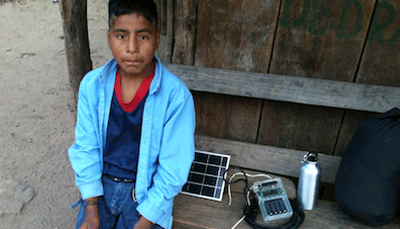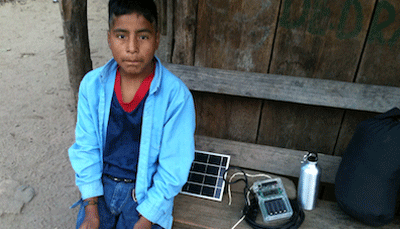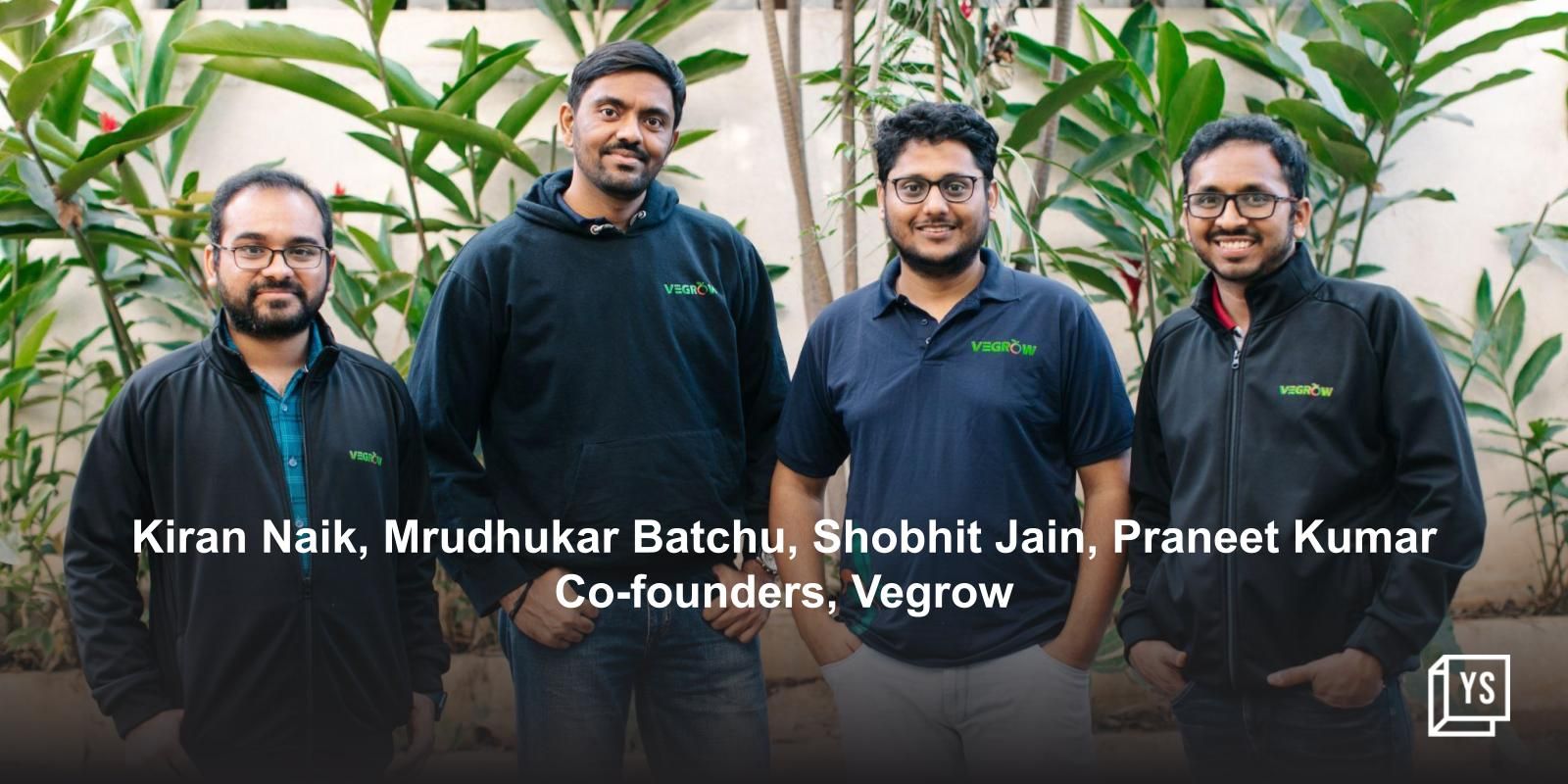Serrie Fung of Synergy Social Ventures on Their Portfolio and theSocial Enterprise Sector in Hong Kong
Synergy Social Ventures is a nonprofit that supports startup social ventures in Asia. They currently support social ventures in Cambodia, China, Hong Kong, Indonesia, Laos, Nepal, the Philippines, Thailand and Vietnam. They are based in Hong Kong and San Francisco.
Synergy is currently working with two social ventures Coho Solar (which has designed solar-rechargeable batteries for use in un-electrified areas) and Hapinoy (a last-mile distribution system for remote areas in the Philippines).
For the rural poor in the Philippines, Hapinoy’s distribution system facilitates access to more affordable everyday goods. In addition to basic goods, Hapinoy also enables access to other products that improve quality of life, such as affordable medicines and technology, anti-dengue mosquito nets and solar-powered lanterns.

Coho Solar, Philippines
Coho Solar products significantly improve lives of the battery users, vendors, and the community at large. For the families that traditionally use single-use batteries, switching over to rented Coho batteries can save families 50% of their battery expenses (due to lower costs of renting Coho batteries and increased performance), enabling them to put more of their energy expenses toward other basic needs such as food, healthcare, and education.
Serrie answers a few questions about her venture and the social enterprise sector in Hong Kong.
How do you support startup social ventures?
Our goal is to enable these social ventures to become stronger so that they can create more impact—by reaching more people, improving their goods and services, etc. We currently provide non-financial capacity building support that includes help in areas such as business strategy and implementation, impact measurement, connections to international opportunities (e.g. awards, competitions) and potential partners.
Plans for India
There’s a lot to be done in Southeast Asia and China in terms of building up a vibrant eco-system of social ventures and supporters of social ventures (funders, capacity builders, university initiatives, etc.) and we are a relatively new organization, so it’s important for us to focus on this region for now.
About the emerging social enterprise sector in Hong Kong.
The social enterprise sector is still relatively new in HK, so the models are still developing. Following from UK tradition, social enterprises have flourished in HK in response to a need for social welfare groups in HK to find ways to better support vulnerable groups. As a result, the majority of social enterprises in HK are started by charities looking to provide employment opportunities to disadvantaged groups such as persons with disabilities, ex-offenders, rehabilitated drug users, recent immigrants, etc. This is supported by the HK government, which offers funding from three different sources that favor social enterprises registered as charities and employing disadvantaged groups.
However, this particular model has two main challenges: 1. The costs of doing business are inherently higher for these social enterprises—running a business in HK is a high risk in and of itself, not to mention the additional costs of training and supporting staff in disadvantaged groups. 2. As most of these social enterprises are started by NGO staff or social workers, many of these managers lack the business training and skills necessary to run a social enterprise.
In the past few years, we’ve seen more of a shift towards other models of social enterprises, more interest from the business community, university-level social enterprise business plan competitions, and an increasing number of groups supporting social enterprises (through funding or non-financial capacity building support). However, a lot still needs to be done in terms of clarifying the different types of social enterprises and the types of support (e.g. types of funding) that is appropriate to each different models.
Click here to visit Synergy Social Ventures website.











